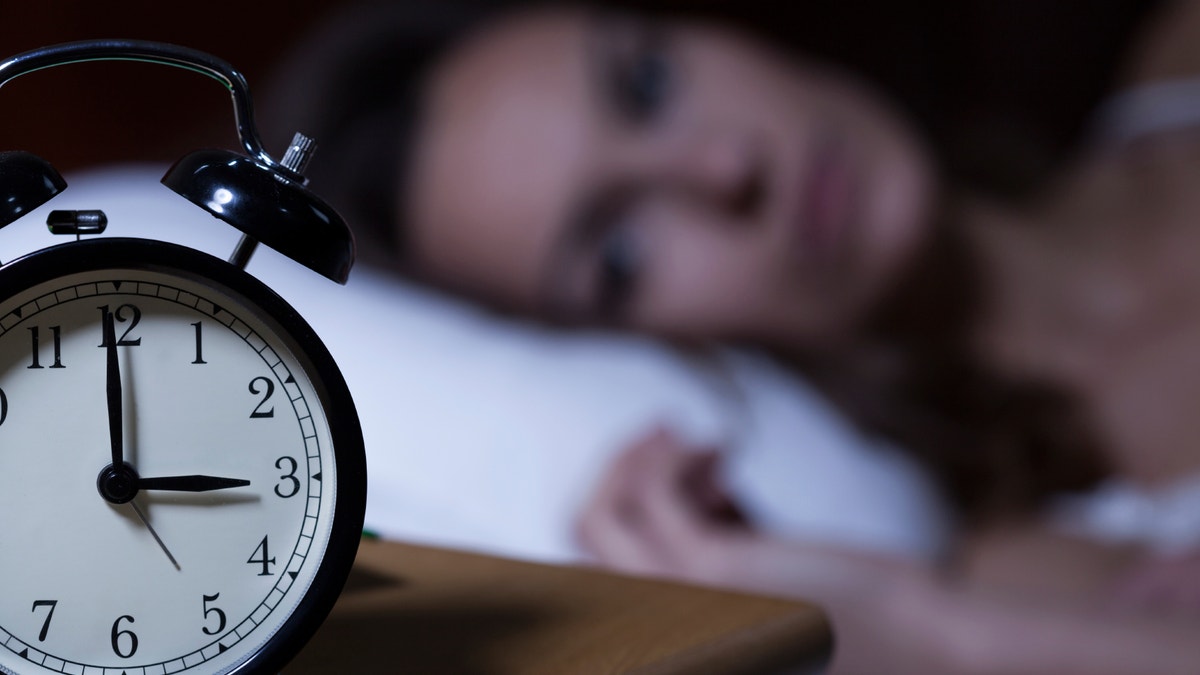
Waking up several times throughout the night may be worse
for your mood than sleeping a shortened amount of time, found a small study from Johns Hopkins Medicine.
The study, published in Sleep, used three experimental
conditions for three consecutive nights in an inpatient clinical setting:forced awakenings, delayed bedtimes or uninterrupted sleep. The 62 participants were all healthy men and women without sleep issues.
Researchers found that, after the second night, the forced
awakening group had a 31 percent reduction in positive mood, while the delayed bedtime group showed a 12 percent decline, compared to measurements taken before bedtime.
“When your sleep is disrupted throughout the night, you
don’t have the opportunity to progress through the sleep stages to get the amount of slow-wave sleep that is key to the feeling of restoration,” study lead author Patrick
Finan, Ph.D., an assistant professor of psychiatry and behavioral sciences at the Johns Hopkins University School of Medicine, said in a news release.
Study authors believe the findings are applicable to those who suffer from insomnia, an estimated 10 percent of the U.S. adult population.
“Many individuals with insomnia achieve sleep in fits and starts throughout the night, and they don’t have the experience of restorative sleep,” Finan said in the news release.
Assessing participants’ sleep stages, researchers found the forced awakening group had shorter periods of deep, slow-wave sleep, compared to the delayed bedtime group, which showed a statistically significant association with the subjects’ reduction in positive mood.
Interrupted sleep was also found to affect energy levels and feelings of sympathy and friendliness.
